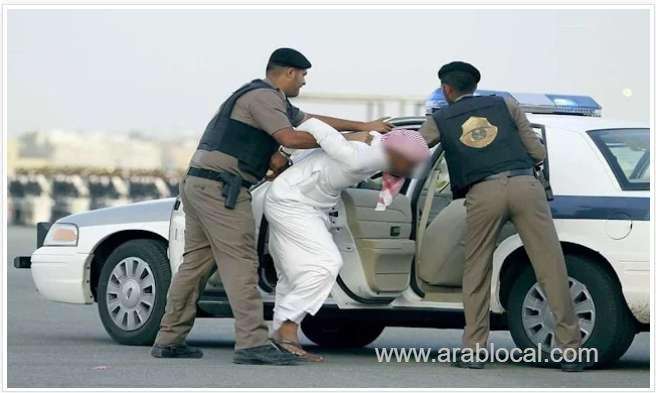In Saudi Arabia, the recent prohibition on handcuffing arrested individuals has reshaped criminal procedures, underscoring a commitment to safeguarding rights. However, exceptions to this rule exist, outlined in newly approved regulations.
Previously, a cabinet meeting chaired by King Salman approved amendments to criminal procedure laws, emphasizing the right of the accused to legal representation. Specifically, a pivotal addition to Article 21 of the Executive Regulations now delineates the parameters for handcuffing during arrests.
Under the amended law, handcuffing is permissible only under two circumstances: when there's a credible threat of physical harm to the individual or others, or if the individual is actively engaged in or attempting to initiate an attack or flee authorities.
Authorities are empowered to use necessary force to overcome resistance during arrests and are authorized to conduct thorough searches of arrested individuals, confiscating any potentially harmful items.
This legislative change stems from a comprehensive review of past incidents and recommendations from relevant authorities, aiming to balance security concerns with respect for individual rights.









